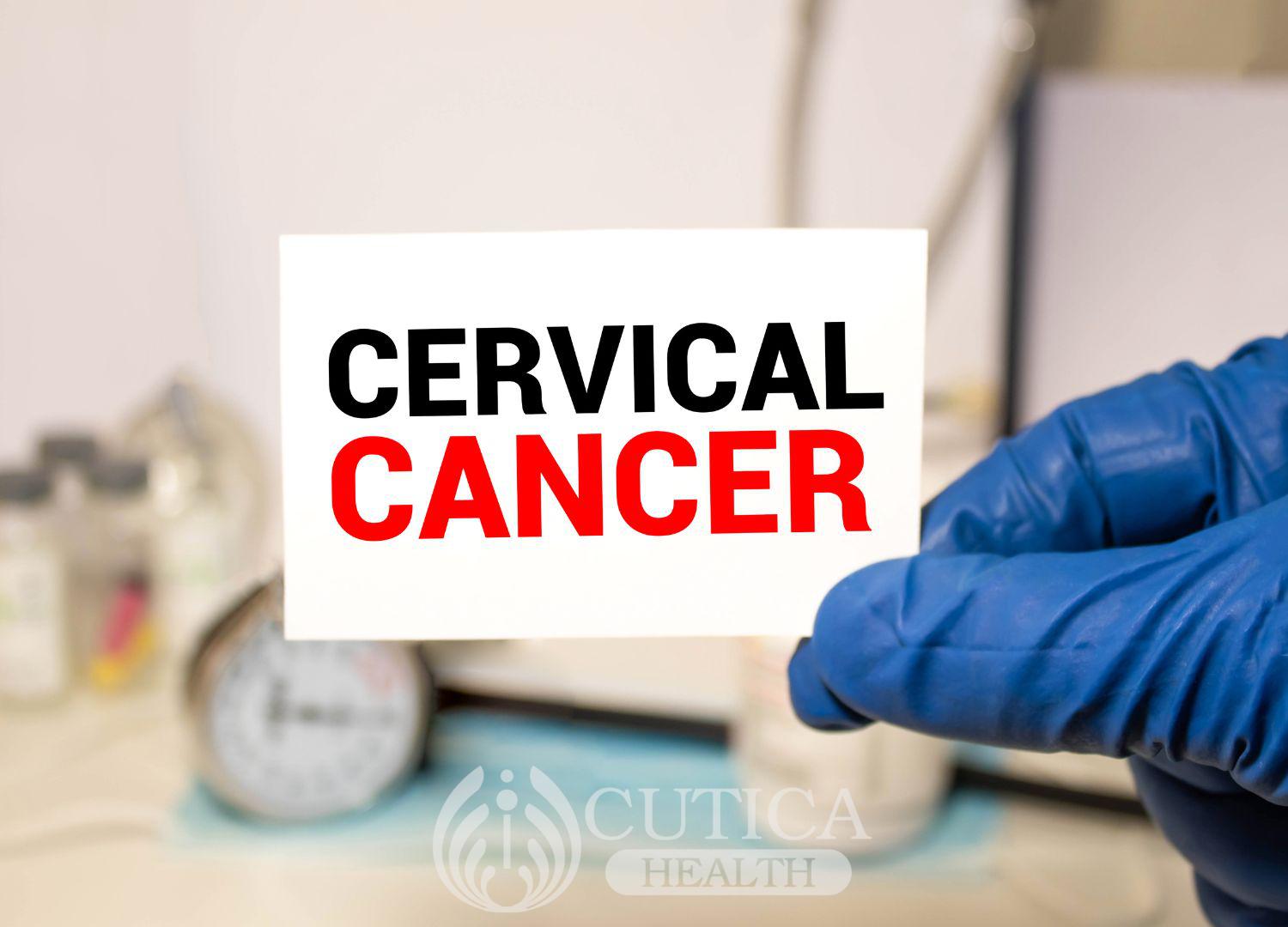
To read this article in Pidgin – https://cuticahealth.com/pidgin-articles/2020/02/cancer-why-and-how-you-go-check/
Cancer is one of the leading causes of death worldwide, and like most diseases, early detection and treatment lower the risk of disability and death. Cancer is, however, an inconvenient topic to discuss. You should find the courage to ask your doctor about cancer and get familiar with your country’s cancer screening guidelines today. Take charge and get screened!
Cancer is common, unfortunately.
- One in 5 men and one in 6 women develop cancer during their lifetime
- One in 8 men and one in 11 women die from cancer
- Those who develop cancer in Africa often do poorly due to the limited access to treatment. Prevention and cancer screening for early diagnosis is key!
What is Cancer Screening?
The goal of cancer screening is to detect conditions that can lead to cancer or detect early signs of cancer before symptoms even appear. Screening is only recommended for the most common types of cancer.
Breast Cancer Screening


Experts recommend some form of screening in women aged 50 years or older, and sometimes from as early as 40 years for those with a strong family history. The form of screening depends on what is available in your area. Ask your doctor.
The main methods of screening for breast cancer are mammography and clinical breast exam.
- Mammography uses X-rays to create images of the deep tissues of the breast to detect abnormal features that may suggest cancer growth.
- Clinical breast examination involves careful examination of both breasts by a trained health professional. This is used either alone or to complement mammography.
Breast self-examination may also help, as a woman may be the first person to notice a lump or other abnormality. If you notice any abnormality during self-examination, don’t keep it to yourself or wait to see what will happen next. Seek medical help immediately!
Cervical Cancer Screening
If you are a woman between the ages of 21 and 65 years, talk to your doctor about the proper cervical cancer screening for you. Screening can be stopped after the age of 65, if previous tests were normal.
Cervical cancer (cancer affecting the cervix, the upper part of the vagina that opens to the womb) is the one of the most common forms of cancer affecting women in sub-Sahara Africa. Cervical cancer screening is performed to detect changes in the cells of the cervix that could lead to cancer. Because it takes 3-7 years for early abnormalities to become cancer, screening SAVES LIVES.
There are two main screening tests.


- The Pap test or Pap smear includes visual inspection of the cervix with acetic acid. This visual inspection demonstrates a specific color change in the cervix when acetic acid stains abnormal cells. Cells taken from the cervix are also examined under the microscope for abnormalities.
- Testing for Human Papilloma Virus (HPV), the virus that damages cervical cells and leads to cervical cancer.
Pap smear and HPV screening are simple and fast, and an abnormal result from any of these tests may necessitate more definitive tests and/or treatment. Since HPV is the cause of cervical cancer, HPV prevention is a major way to avoid cervical cancer. This can be done by receiving the HPV vaccine. Ask your doctor about this vaccine. Ideally, HPV vaccination should occur before adolescence.
Prostate Cancer Screening
The prostate gland is a male reproductive organ whose main function is to secrete prostate fluid, a component of semen.
There are several guidelines for prostate cancer screening. In Nigeria and other parts of West Africa, it is largely done for men above the age of 40. However, despite being one of the most commonly diagnosed cancer in men, screening for prostate cancer is poor. This is due to low awareness levels and ineffective community screening programs.


These are the ways doctors screen for prostate cancer.
- Measuring the amount of a protein, prostate-specific antigen (PSA), in the blood. PSA is produced by both healthy and abnormal prostate gland, and higher amounts of the substance in the blood suggest that the gland is abnormal – or cancerous. PSA elevation can also be due to prostate infection, so it is important not to assume cancer is present.
- PSA test is often combined with a physical examination called digital rectal examination (DRE) to assess the size of the prostate gland. This is done by a trained health professional, who passes two gloved fingers through the patient’s anal canal to just a few centimeters upward, where the gland can be felt. Men with PSA values more than 4 ng/L and have abnormal DRE results, or values more than 10 ng/L with or without abnormal DRE results, are considered for further cancer diagnostic investigations including biopsy, typically after excluding prostate infection.
Colon Cancer Screening

While colon cancer (cancer of the large intestine) is the third most common cancer and one of the leading causes of cancer-related deaths globally, most people remain unaware and are not screened for it . Talk to your doctor about the screening modality that is available to you and make sure you get screened, starting from the age of 50, or even earlier depending on your family history.
There are several ways to screen for colon cancer.
- Screening for hidden (occult) blood in stool by using chemicals to detect bleeding that is not visible to the naked eye. For this, a small stool sample is smeared on a special paper and examined for blood with the special chemicals.
- Sigmoidoscopy or colonoscopy are performed to look inside the large intestine, using a long tube. During the procedure, doctors remove precancerous growths called polyps.
- Double contrast barium enema that uses X-rays to view the colon for precancerous growths.
Conclusion
Cancer is a dreaded word, no doubt. However, cancer can be conquered, particularly if detected early and properly treated. Better still, some forms of cancer can be prevented. In addition to standard healthy practices including avoidance of smoking, HPV vaccination and screening for common cancers can save lives.












